Deputy General Director of Viet Nhat Group Nguyen Dang Ngoc said that sustainable values are becoming an urgent requirement from many international markets. Therefore, building a chain to create green values has become a key task for businesses and production units.
For Viet Nhat Group, in the process of processing and exporting tilapia products to key markets with strict requirements, the enterprise has implemented many solutions to build a green value chain, including from breeding, feed, farming to processing.
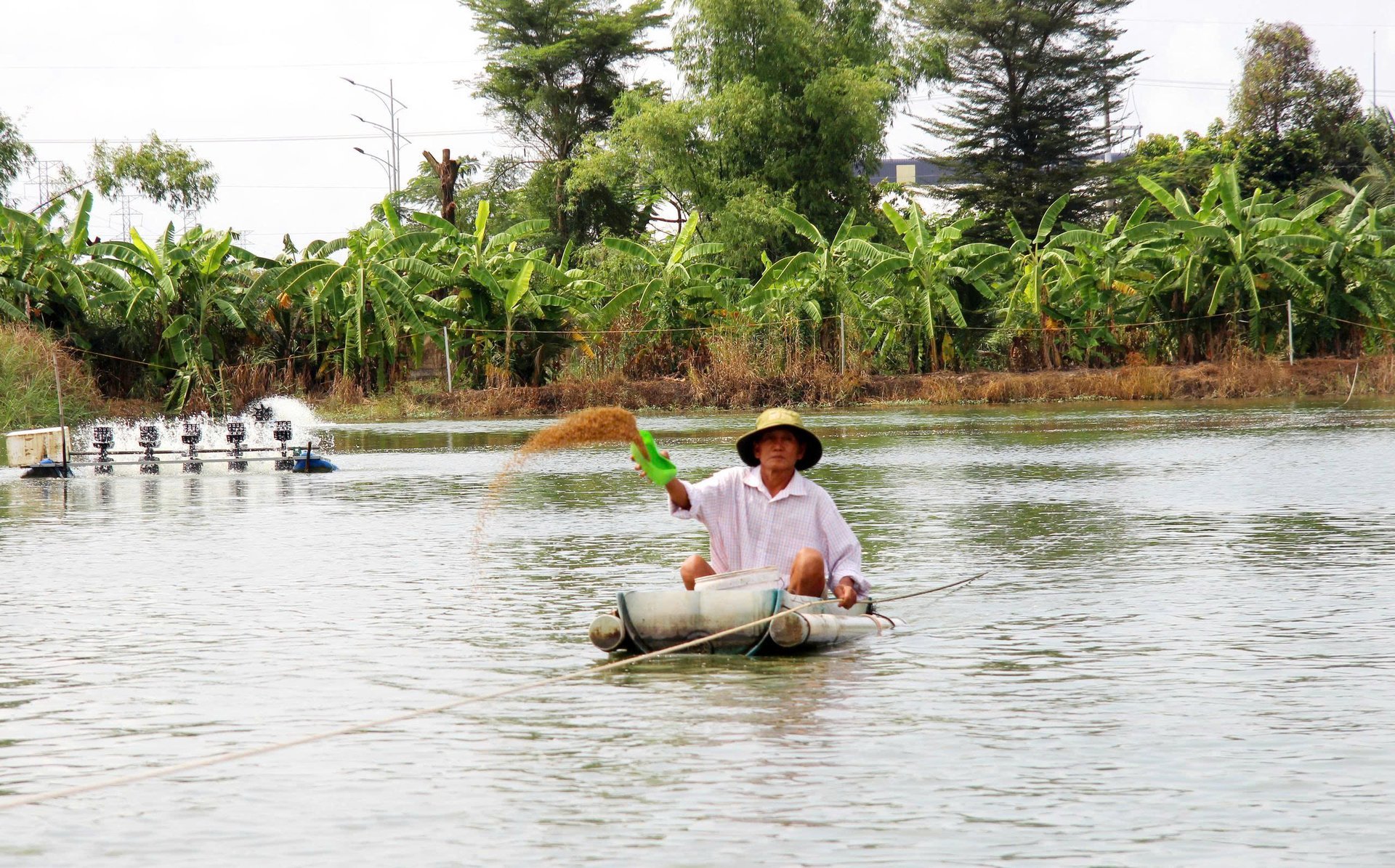
Building a chain to create green value has become a key task for businesses and production units. Photo: Hong Tham .
Regarding breeds, Viet Nhat Group has signed a strategic cooperation agreement with Bao Loc Company - a leading Chinese enterprise in the field of producing high-quality tilapia breeds. According to the agreement, the two sides will build a Center for Research, Development and Trade of high-quality tilapia breeds in Vietnam, expected to be implemented in 2025.
Notably, this is Bao Loc's only tilapia research and development center in foreign markets, outside of China, demonstrating the trust and commitment to long-term cooperation between the two businesses.
Regarding aquatic feed products, at Viet Nhat Group's factories, the company is implementing the process of importing raw materials, processing and manufacturing according to BAP standards. It is expected that in 2025, Viet Nhat will achieve BAP certification for aquatic feed products.
Next, in 2026, the company will complete and achieve ASC certification for all aquatic feed products produced at Viet Nhat Group's factories, affirming its commitment to sustainable development in the aquatic value chain.
The ingredients used in Viet Nhat Group’s aquaculture feed are carefully selected, prioritizing highly sustainable sources. For example, we use soybean products imported from the United States - an ingredient that has been certified by SSAP for sustainable production.
For products that require the use of fishmeal, Viet Nhat chooses fishmeal that has achieved Marine Trust Certification, a standard recognized by the BAP certification organization, ensuring traceability and sustainable development throughout the production chain.
Regarding farming areas, Viet Nhat Group is building and expanding links with clearly planned farming areas, ensuring standards and full traceability of the farming process. This is an important step in building a green value chain, aiming at sustainable production and meeting the requirements of major export markets.
Viet Nhat Group's technical and support service units always accompany customers throughout the farming process to monitor, care for and ensure the best health for tilapia. At the same time, Viet Nhat also coordinates with farmers in implementing international certification standards such as: GlobalGAP, BAP and towards ASC. When farming areas meet these standards, it is an important link in forming a chain of links and creating a green value chain for the product.
In the processing sector, Viet Nhat Group is currently in strategic cooperation with Bach Duong Group (China) in the construction and operation of a tilapia processing plant. Bach Duong Group is the number one unit in China in the field of processing and exporting tilapia fillets to international markets.
According to the plan, Viet Nhat will deploy a system of tilapia fillet processing factories in the Northern region (Hung Yen) and expand in the Central region (Thanh Hoa and Phu Yen ). These factories are all designed and operated according to BAP standards, meeting the strict requirements of import markets.
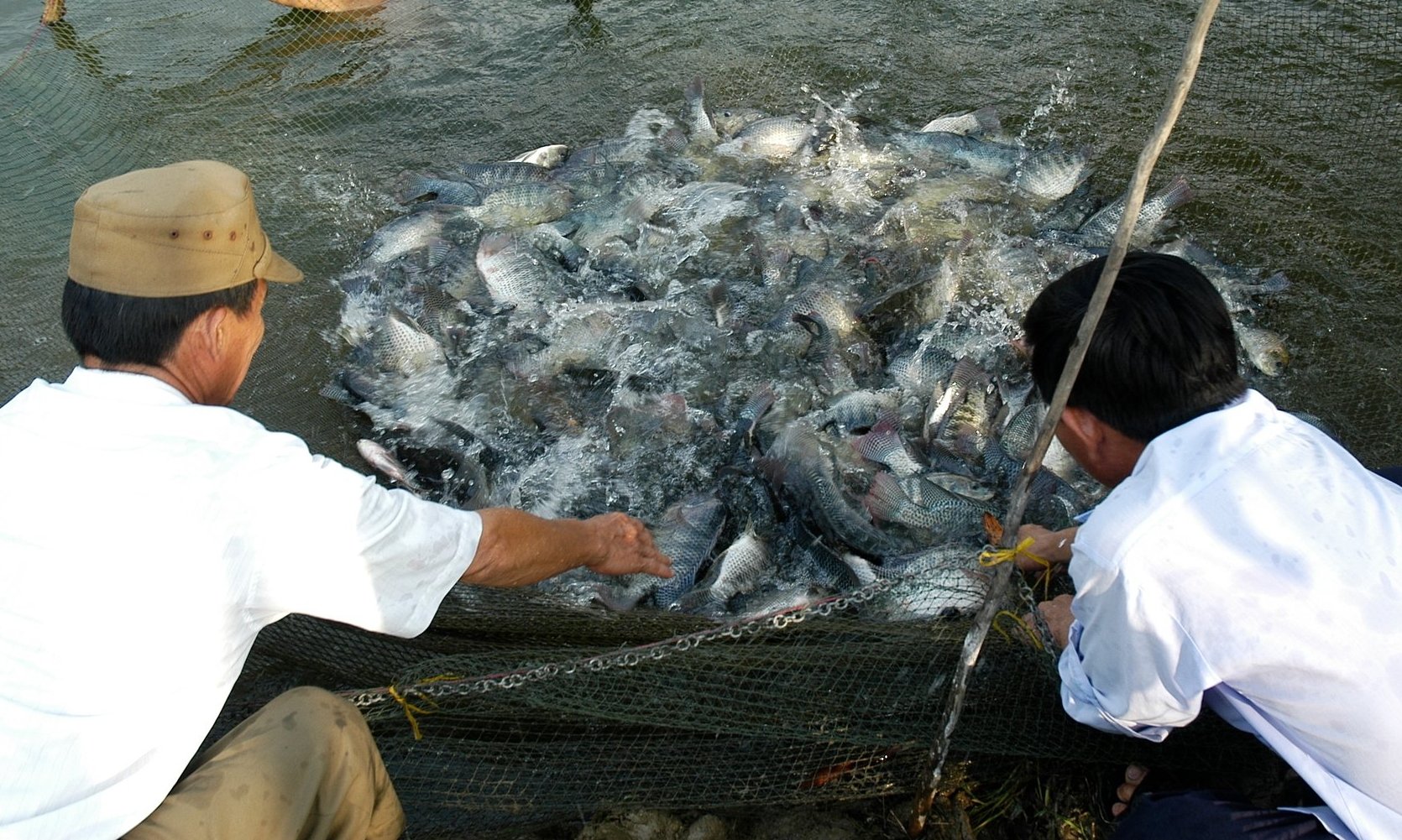
Vietnamese tilapia meat can be said to be very fresh, delicious, rich in nutrients, not inferior to any high-end fish products. Photo: Hong Tham .
The total capacity of the first phase of Viet Nhat factory is about 235 tons of commercial tilapia per day. "In addition to the export orientation, Viet Nhat Group also pays special attention to the domestic consumption market, because tilapia is a familiar, healthy food that suits the taste of Vietnamese people. Therefore, developing both domestic and international markets at the same time is considered a parallel strategy, helping to expand the value and enhance the brand of Vietnamese tilapia," Mr. Ngoc added.
According to Mr. Ngoc, Vietnamese tilapia meat can be said to be very fresh, delicious, rich in nutrients, not inferior to any high-end fish products, such as salmon.
"Therefore, optimizing product quality as well as reducing production costs is an important internal foundation to help the Vietnamese tilapia industry improve its competitiveness in the international market," Mr. Ngoc affirmed. At the same time, parallel development between meeting export standards and providing high-quality products for the domestic market is also a sustainable direction, bringing long-term value to the entire industry chain and each participating enterprise.
Source: https://nongnghiepmoitruong.vn/xay-dung-chuoi-lien-ket-tao-gia-tri-xanh-cho-ca-ro-phi-viet-d783637.html


![[Photo] Prime Minister Pham Minh Chinh meets with representatives of outstanding teachers](https://vphoto.vietnam.vn/thumb/1200x675/vietnam/resource/IMAGE/2025/11/15/1763215934276_dsc-0578-jpg.webp)

![[Photo] General Secretary To Lam receives Vice President of Luxshare-ICT Group (China)](https://vphoto.vietnam.vn/thumb/1200x675/vietnam/resource/IMAGE/2025/11/15/1763211137119_a1-bnd-7809-8939-jpg.webp)



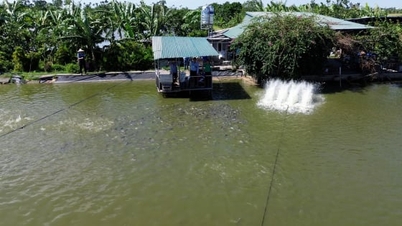



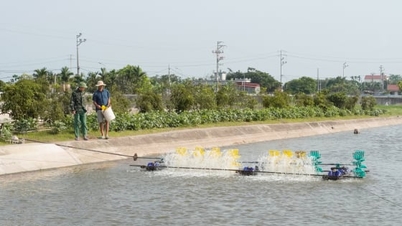


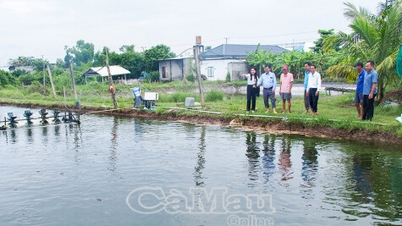

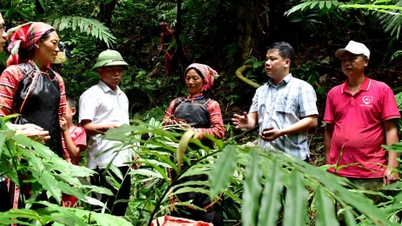
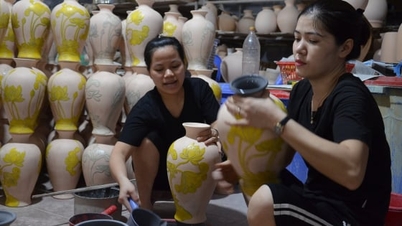
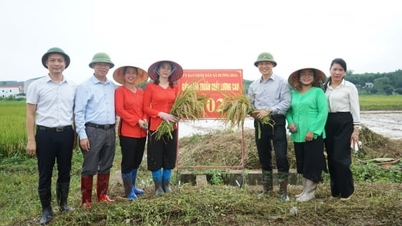
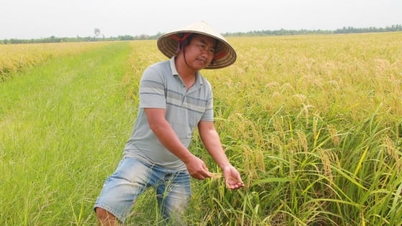
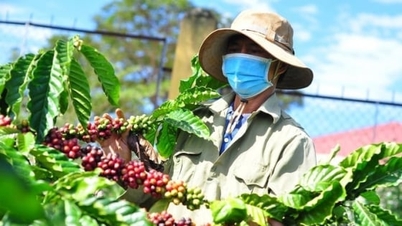
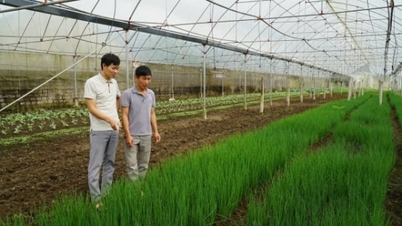




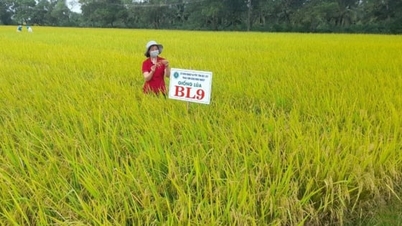
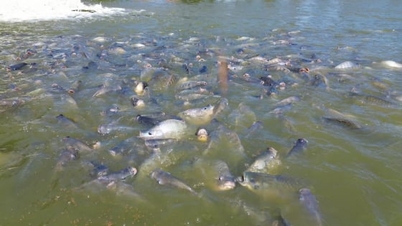

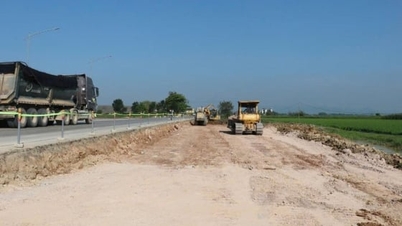
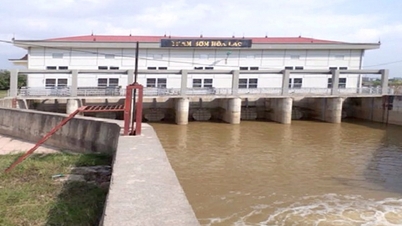
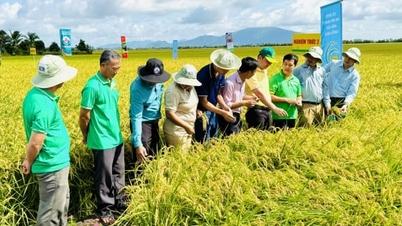






















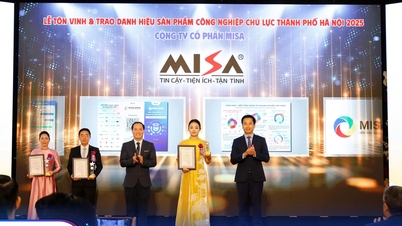

























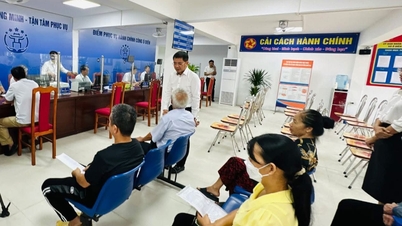
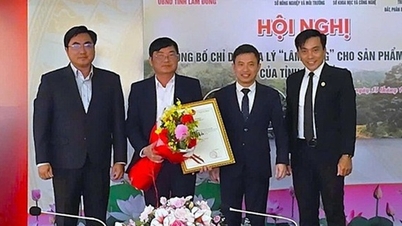



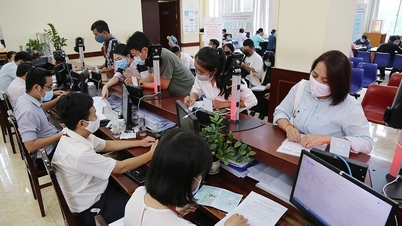


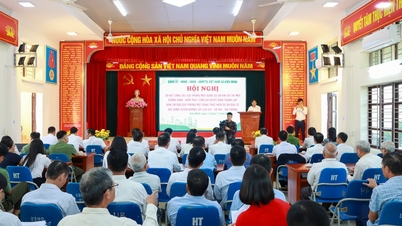

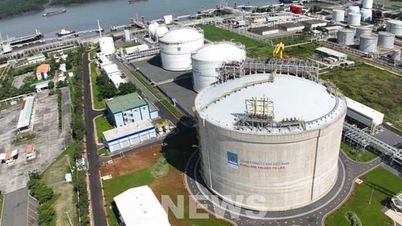
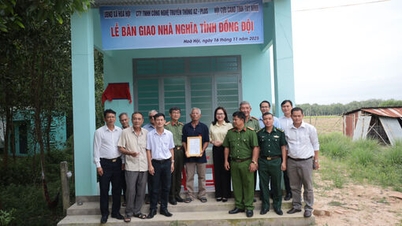

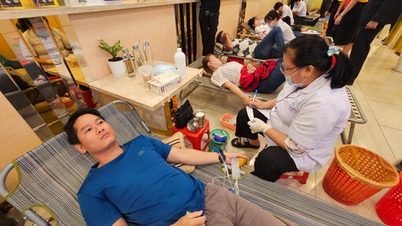









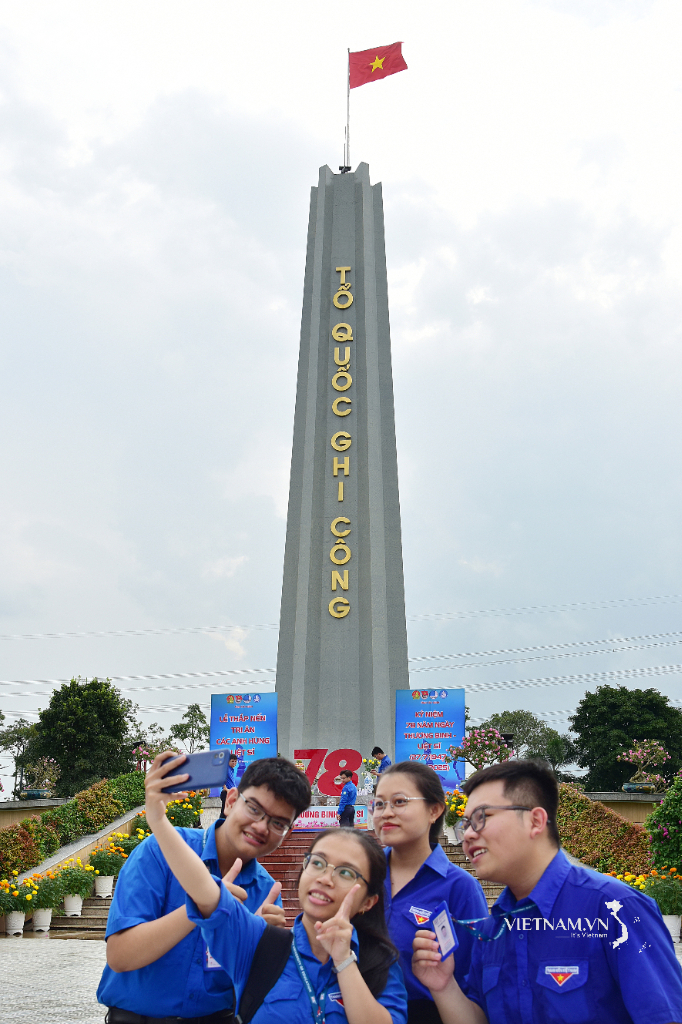
Comment (0)